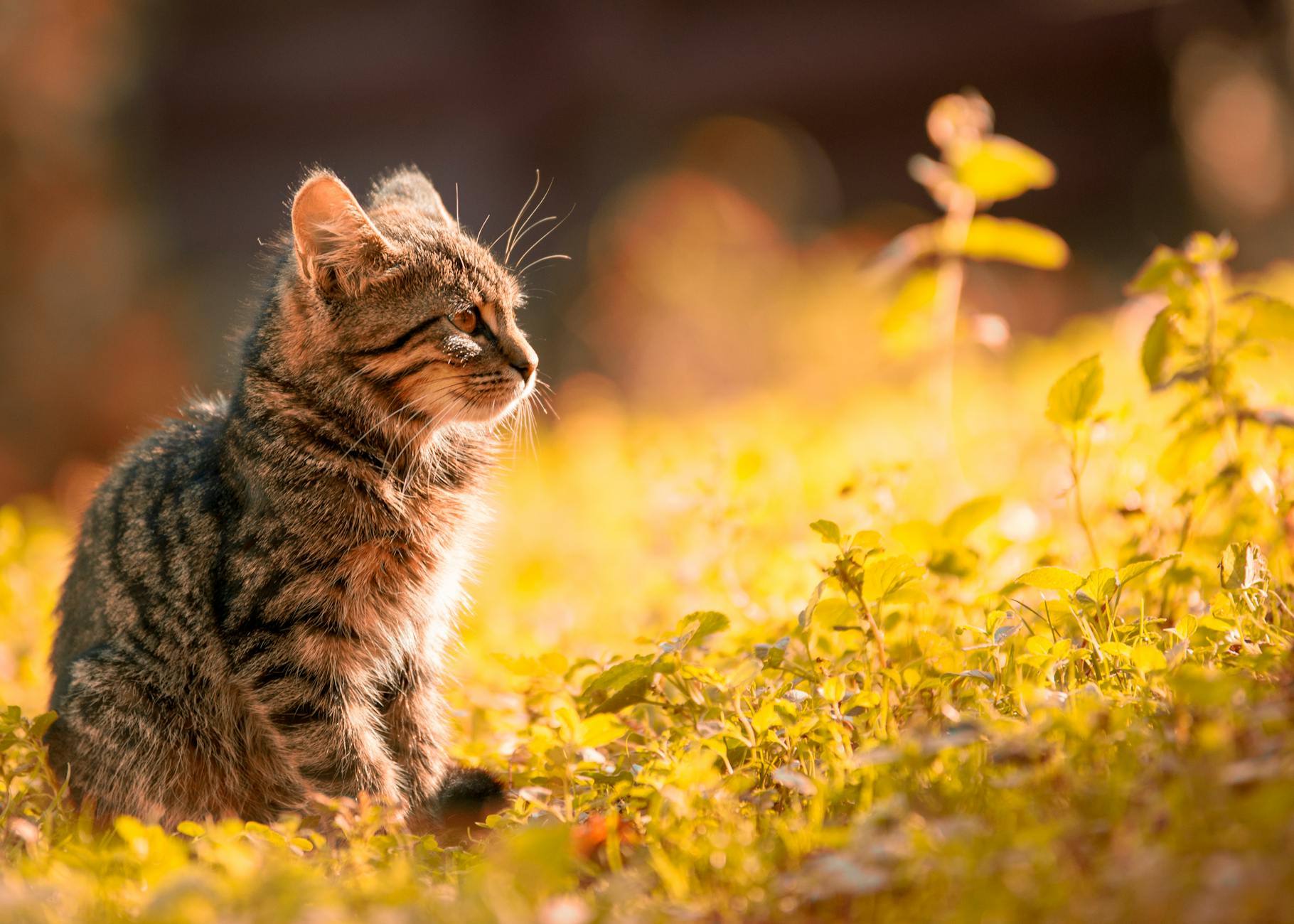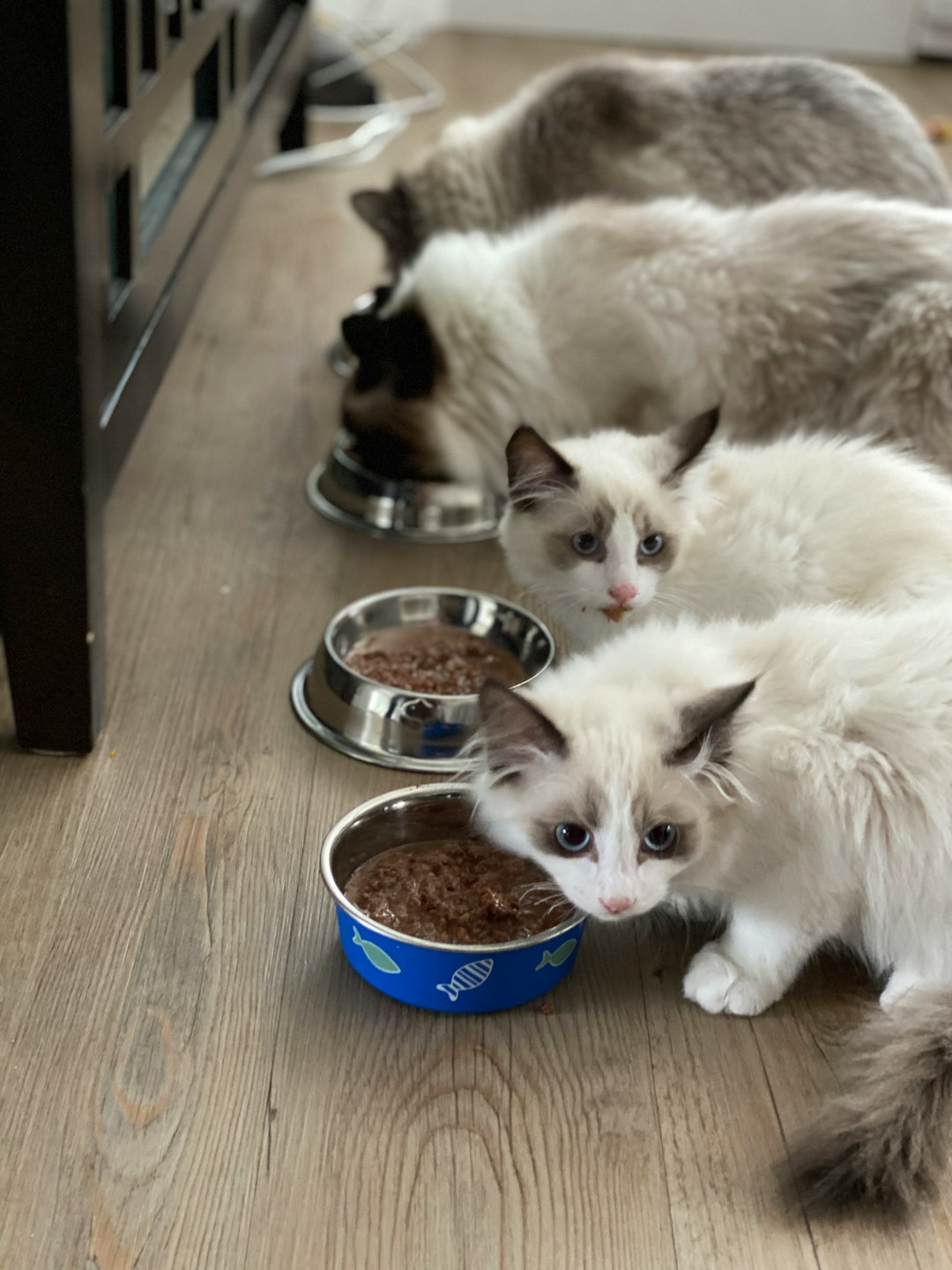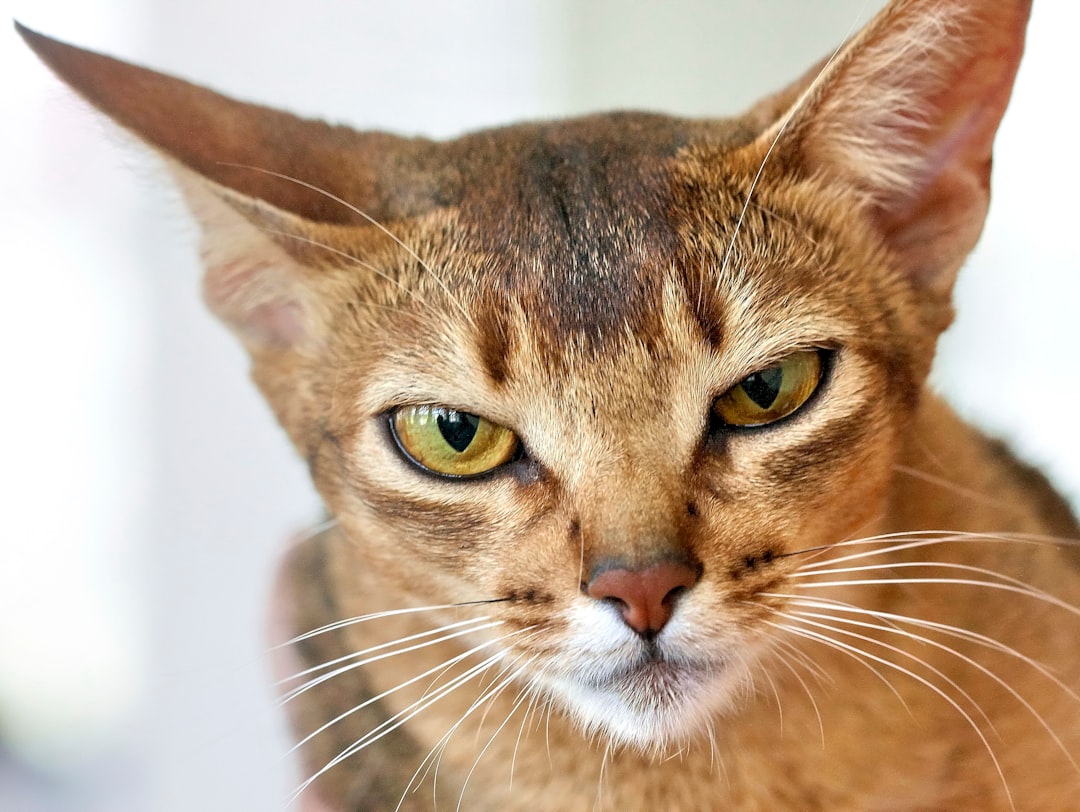Vaccinations play a crucial role in safeguarding your cat’s health, and the FVRC-P vaccine for cats is a key component of this preventive care. This combination vaccine protects your feline companion against several serious diseases, ensuring a longer and healthier life. Understanding the importance of the FVRC-P vaccine, along with its components and benefits, helps cat owners make informed decisions about their pet’s vaccinations. Furthermore, knowing the recommended vaccination schedule and potential reactions can enhance the overall experience for both you and your beloved cat.
Understanding FVRC-P Vaccine for Cats
The FVRC-P vaccine for cats is a crucial immunization that protects felines against several infectious diseases. This combination vaccine includes:
- Feline Viral Rhinotracheitis (FVR): A highly contagious respiratory infection.
- Feline Calicivirus (FCV): Another significant respiratory disease that can lead to severe oral problems.
- Feline Panleukopenia (FPV): A deadly virus impacting the cat’s immune system.
Administering the fvrcp vaccine for cats offers several benefits:
- Prevention of Disease: Safeguards cats against potentially fatal infections.
- Community Health: Reduces the spread of these virulent pathogens among feline populations.
- Peace of Mind: Provides pet owners with reassurance regarding their cat’s health.
Regular vaccinations, including the fvrcp vaccine for cats, form a foundational element of feline healthcare. By keeping your cat up-to-date with vaccinations, you not only enhance its health but also contribute to a healthier community of pets. Ensure to follow your veterinarian’s recommendations for an effective vaccination strategy.
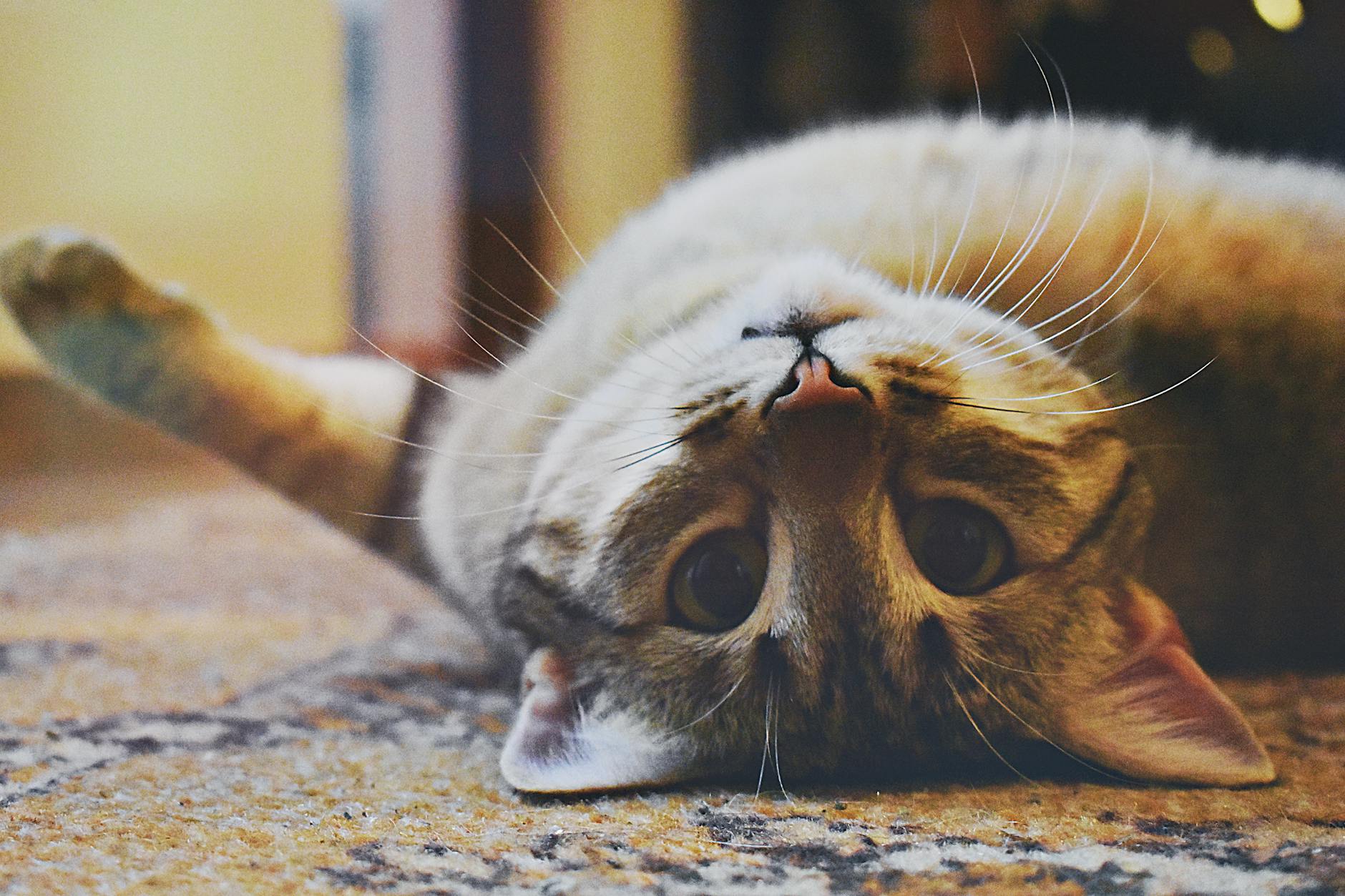
Components of the FVRC-P Vaccine
The FVRC-P vaccine for cats is essential for protecting your feline friends from several serious diseases. It combines different components, ensuring a comprehensive defense. Here’s a breakdown of its key ingredients:
Feline Viral Rhinotracheitis (FVR): This virus causes severe respiratory issues. The vaccine helps prevent associated complications like pneumonia.
Calicivirus (C): Another cause of respiratory infections, Calicivirus leads to oral ulcers and may cause serious complications.
Panleukopenia (P): Often fatal, this highly contagious virus targets a cat’s immune system and bone marrow. The vaccine significantly reduces the risk of infection.
Comparison Table of Components
| Component | Disease Caused | Severity Level |
|---|---|---|
| Feline Viral Rhinotracheitis | Respiratory Issues | Moderate to Severe |
| Calicivirus | Respiratory Infection & Oral Ulcers | Moderate |
| Panleukopenia | Immune Suppression & Fever | High |
By vaccinating your cat with the fvrcp vaccine for cats, you not only protect them from these diseases but also contribute to the overall health of the feline population. Always consult with your veterinarian to ensure your cat is up to date on its vaccinations.
Benefits of Vaccinating Your Cat
Vaccinating your cat with the fvrcp vaccine for cats offers numerous benefits that safeguard their health and wellbeing. Here are some key advantages:
- Prevention of Serious Diseases: The FVRC-P vaccine protects against feline viral rhinotracheitis, calicivirus, and panleukopenia, which can be life-threatening.
- Stronger Immune System: Vaccination helps your cat build resilience against infectious diseases, reducing their susceptibility to illness.
- Lower Veterinary Costs: By preventing diseases, vaccination can save you from costly treatments and emergency vet visits.
- Peace of Mind: Knowing your cat is protected gives you confidence in their safety when interacting with other animals.
- Socialization Opportunities: Vaccinated cats can enjoy safe playdates and interactions with other pets, enhancing their quality of life.
In conclusion, the fvrcp vaccine for cats not only protects individual cats but also promotes overall community health in feline populations. Prioritize your furry friend’s vaccinations to ensure a long, healthy life!
Recommended Vaccination Schedule
Establishing a proper vaccination schedule for your cat is crucial to ensure they receive the fvrcp vaccine for cats at the right times. The following is a recommended timeline for vaccination:
- Kittens (6-8 weeks): Begin the series of vaccinations, which includes the fvrcp vaccine for cats.
- Kittens (10-12 weeks): Administer the second dose of the fvrcp vaccine for cats.
- Kittens (14-16 weeks): Complete the initial series with the third dose.
Booster Shots:
- 1 Year After Initial Series: Schedule the first booster shot of the fvrcp vaccine for cats.
- Every 3 Years Following: Administer a booster every three years, unless otherwise recommended by your veterinarian.
Summary of Vaccination Schedule
| Age/Time | Vaccine |
|---|---|
| 6-8 weeks | First Dose |
| 10-12 weeks | Second Dose |
| 14-16 weeks | Third Dose |
| 1 Year Later | First Booster |
| Every 3 Years | Subsequent Boosters |
By following this schedule, you can help protect your cat from serious diseases and maintain their overall health. Always consult your veterinarian for personalized recommendations.

Signs of Vaccine Reaction
While the FVRC-P vaccine for cats is generally safe, it’s crucial for cat owners to be aware of potential reactions. Most cats experience no side effects. However, it’s still wise to monitor your pet after vaccination. Here are some signs of vaccine reactions to watch for:
Mild Symptoms:
- Fatigue: Your cat may appear less energetic than usual.
- Soreness: Look for sensitivity in the injection area.
- Slight Fever: A mild elevation in body temperature.
Moderate to Severe Symptoms:
- Persistent Vomiting or Diarrhea: Changes in digestion can indicate a reaction.
- Difficulty Breathing: This requires immediate attention.
- Swelling or Lumps: Observe any swelling at the injection site.
- Lethargy: If your cat refuses to eat or play for an extended period.
If you notice any of these signs after administering the FVRC-P vaccine for cats, contact your veterinarian promptly. Early intervention can help manage any complications. Remember, monitoring your cat post-vaccination is a responsible practice that ensures their well-being.
Cost Considerations for Vaccination
When planning to vaccinate your feline friend with the fvrcp vaccine for cats, it’s essential to consider various cost factors. Understanding these expenses will help you budget appropriately and ensure your cat receives the necessary immunizations.
Key Cost Factors:
Veterinary Fees: The cost of the fvrcp vaccine for cats can vary significantly depending on your veterinarian. On average, it may range from $15 to $50 per dose.
Initial Consultation: If this is your cat’s first check-up, expect to pay for an initial examination, which can add $50 to $100.
Additional Vaccines: Many cats require additional vaccines, which can increase overall costs. For instance, a rabies shot can add another $15 to $30.
Preventative Care: Regular vet visits for general health checks and parasitic treatments can cumulatively affect your budget.
Overall Considerations:
While the fvrcp vaccine for cats incurs upfront costs, the long-term health benefits far outweigh these expenses. Vaccination helps prevent serious diseases, potentially saving you significant costs related to treatment and emergency care later on. Always consult your vet for personalized estimates and potential payment plans.
How to Prepare Your Cat for Vaccination
Preparing your cat for the fvrcp vaccine for cats is essential to ensure a smooth experience for both you and your feline friend. Here are some effective tips to help you get ready:
Visit the Vet First: Schedule a pre-vaccination check-up. This allows your veterinarian to assess your cat’s overall health, ensuring they are fit for the fvrcp vaccine for cats.
Know the Details: Understand the components of the vaccine. The fvrcp vaccine for cats protects against several infectious diseases, so familiarize yourself with these to discuss any concerns with your vet.
Create a Comfortable Environment: Keep your cat’s carrier out a few days prior. Leave it open and place treats inside to make it a welcoming space.
Minimize Stress: On vaccination day, keep your cat calm. Speak softly and avoid rapid movements that might scare them.
Withhold Food: Consider withholding food for a few hours before the appointment, especially if your cat tends to get anxious or nauseated during travel.
By following these steps, you can help your cat feel more at ease and ensure the vaccination process is efficient and effective.
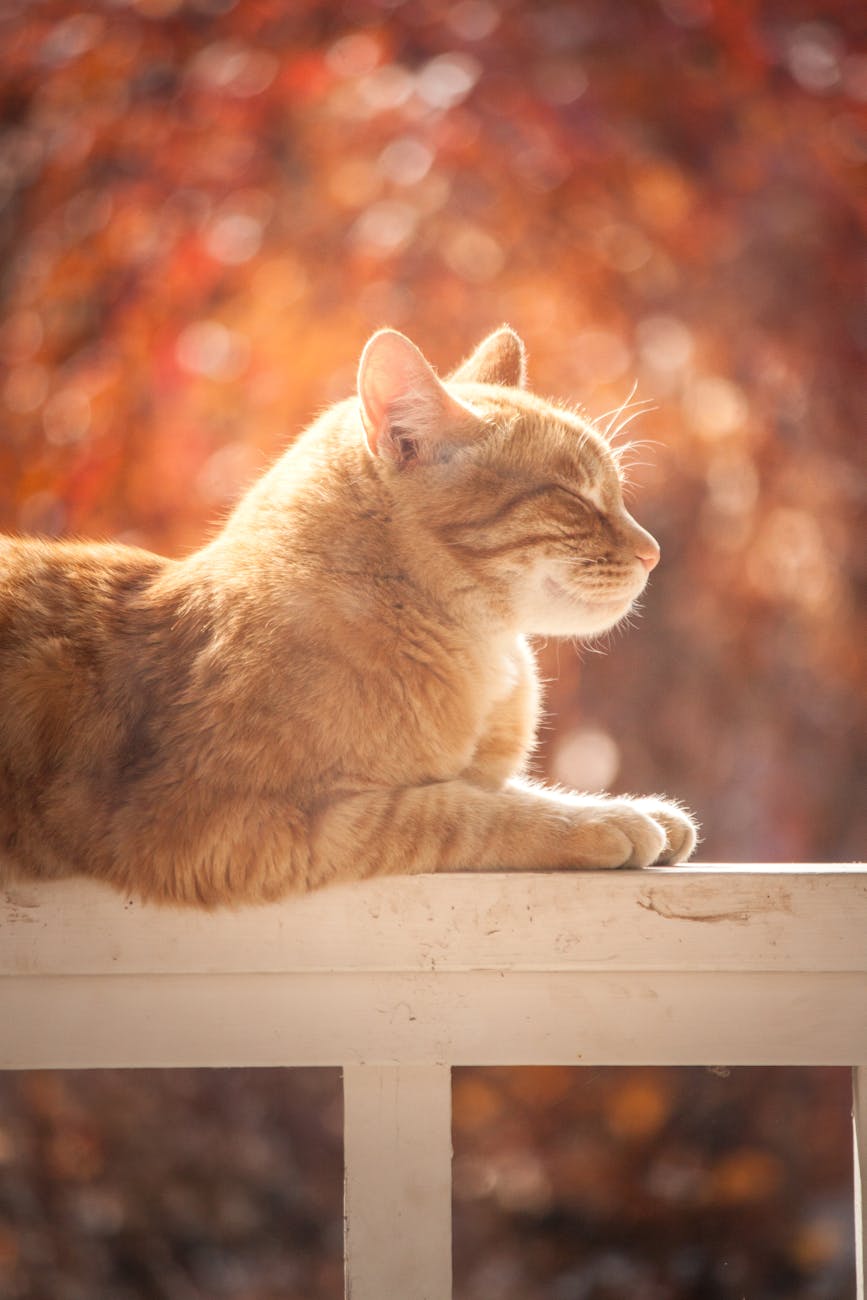
Consulting Your Veterinarian on Vaccination
Consulting your veterinarian about the fvrcp vaccine for cats is crucial for your pet’s health and wellness. Veterinarians provide personalized recommendations based on your cat’s unique needs. Here are key points to consider:
Individual Assessment: Each cat has different health statuses, lifestyles, and risks. A vet will evaluate these factors to determine the right vaccination schedule.
Health History Review: Your veterinarian will review previous vaccinations and any pre-existing conditions, tailoring advice specifically to your cat.
Addressing Concerns: Discuss any worries about the fvrcp vaccine for cats. Whether it’s side effects, efficacy, or frequency of vaccination, your vet can provide clarity.
Monitoring Recommendations: After vaccination, your vet will give guidelines on what signs to monitor for potential vaccine reactions.
Follow-Up Care: Establish a follow-up plan for future vaccinations and ensure your cat remains up-to-date on its immunizations.
Ultimately, open communication with your veterinarian ensures your pet stays healthy and well-protected through appropriate vaccination strategies.
Frequently Asked Questions
What is the FVRC-P vaccine for cats?
The FVRC-P vaccine is a vital immunization designed to protect cats from several serious viral infections, including Feline Viral Rhinotracheitis (FVR), Calicivirus (C), and Panleukopenia (P). These infections can lead to severe respiratory illnesses, oral ulcers, and life-threatening conditions in felines. Administering the FVRC-P vaccine helps to bolster a cat’s immune system against these diseases, ensuring better health outcomes and longevity.
Why is it essential for my cat to receive the FVRC-P vaccine?
Vaccination against Feline Viral Rhinotracheitis, Calicivirus, and Panleukopenia is crucial for your cat’s health, as these diseases can be highly contagious and sometimes fatal. Kittens, as well as adult cats, are at risk, especially if they are exposed to other felines. Vaccination not only helps in preventing these diseases but also contributes to herd immunity, safeguarding other cats in the vicinity, making it essential in communal and multi-cat households.
What is the vaccination schedule for the FVRC-P vaccine?
The FVRC-P vaccine schedule typically begins when cats are around 6 to 8 weeks of age. Booster doses are administered every 3 to 4 weeks until the kitten is about 16 weeks old. After this initial series, vaccines should be given every 1 to 3 years, based on your veterinarian’s recommendations, your cat’s lifestyle, and exposure risks. Regular consultations with your veterinarian are vital to establish the best schedule tailored to your cat’s specific needs.
Are there any side effects associated with the FVRC-P vaccine?
While the FVRC-P vaccine is generally safe and well-tolerated, like any medical intervention, it can have side effects. Common reactions may include mild lethargy, minor swelling at the injection site, and, in some cases, a low-grade fever. Serious side effects are rare but can occur, such as allergic reactions. Monitoring your cat after vaccination and contacting your veterinarian if any unusual symptoms arise is always recommended to ensure your pet’s well-being.

